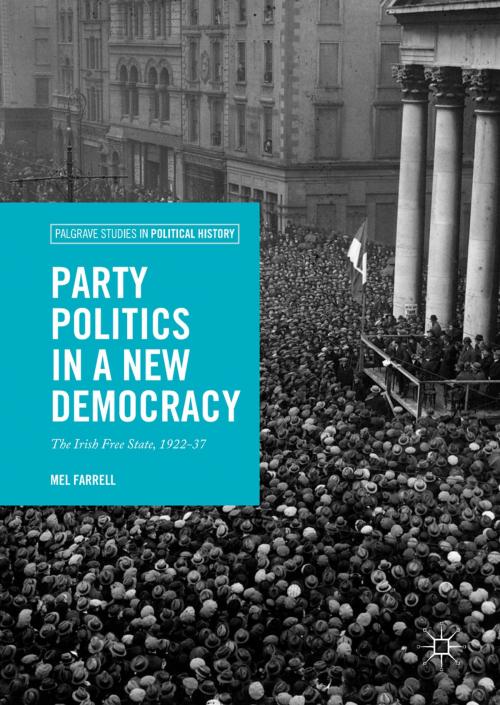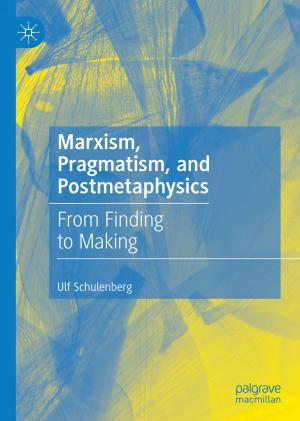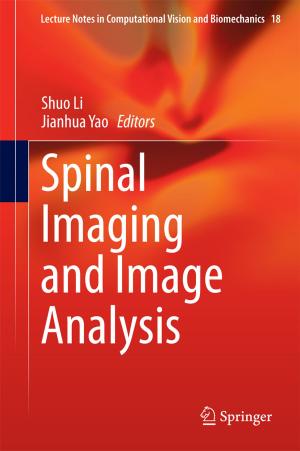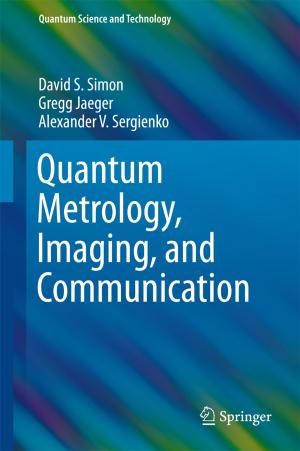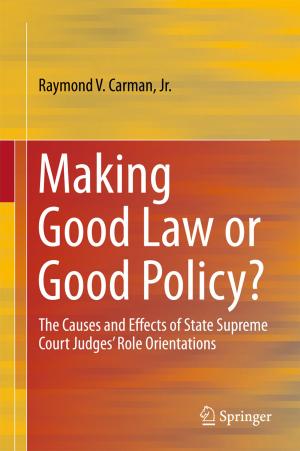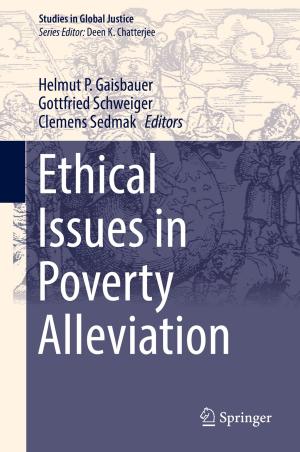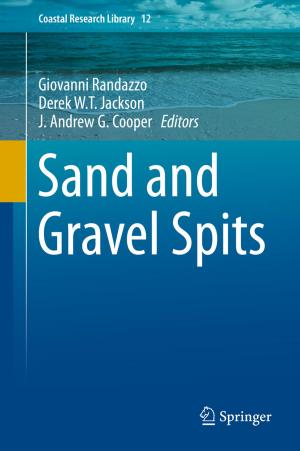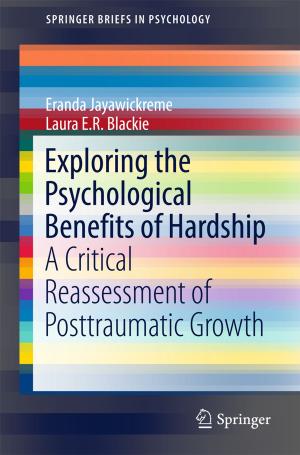Party Politics in a New Democracy
The Irish Free State, 1922-37
Nonfiction, History, European General, British| Author: | Mel Farrell | ISBN: | 9783319635859 |
| Publisher: | Springer International Publishing | Publication: | November 16, 2017 |
| Imprint: | Palgrave Macmillan | Language: | English |
| Author: | Mel Farrell |
| ISBN: | 9783319635859 |
| Publisher: | Springer International Publishing |
| Publication: | November 16, 2017 |
| Imprint: | Palgrave Macmillan |
| Language: | English |
This book offers a timely, and fresh historical perspective on the politics of independent Ireland. Interwar Ireland’s politics have been caricatured as an anomaly, with the distinction between Fianna Fáil and Fine Gael bewildering political commentators and scholars alike. It is common for Ireland’s politics to be presented as an anomaly that compare unfavourably to the neat left/right cleavages evident in Britain and much of Europe.
By offering an historical re-appraisal of the Irish Free State’s politics, anchored in the wider context of inter-war Europe, Mel Farrell argues that the Irish party system is not unique in having two dominant parties capable of adapting to changing circumstances, and suggests that this has been a key strength of Irish democracy. Moreover, the book challenges the tired cliché of ‘Civil War Politics’ by demonstrating that events subsequent to Civil War led the Fine Gael/Fianna Fáil cleavage dominant in the twentieth-century.
This book offers a timely, and fresh historical perspective on the politics of independent Ireland. Interwar Ireland’s politics have been caricatured as an anomaly, with the distinction between Fianna Fáil and Fine Gael bewildering political commentators and scholars alike. It is common for Ireland’s politics to be presented as an anomaly that compare unfavourably to the neat left/right cleavages evident in Britain and much of Europe.
By offering an historical re-appraisal of the Irish Free State’s politics, anchored in the wider context of inter-war Europe, Mel Farrell argues that the Irish party system is not unique in having two dominant parties capable of adapting to changing circumstances, and suggests that this has been a key strength of Irish democracy. Moreover, the book challenges the tired cliché of ‘Civil War Politics’ by demonstrating that events subsequent to Civil War led the Fine Gael/Fianna Fáil cleavage dominant in the twentieth-century.
